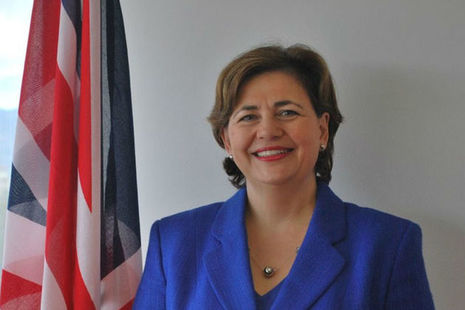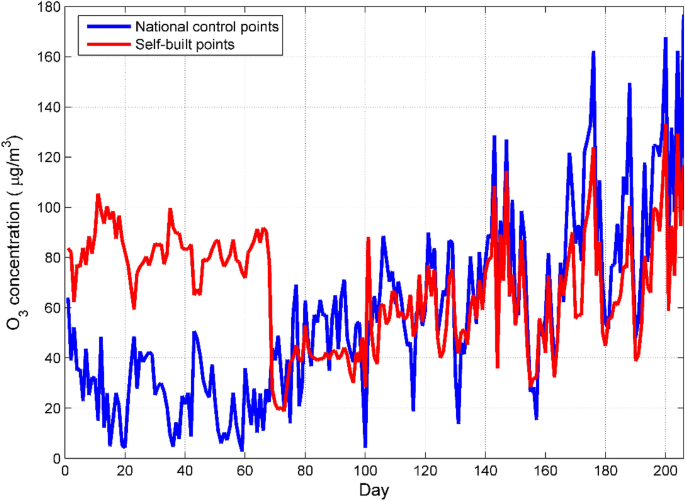
- Select a language for the TTS:
- UK English Female
- UK English Male
- US English Female
- US English Male
- Australian Female
- Australian Male
- Language selected: (auto detect) - EN
Play all audios:
There are moments in history when the tempo suddenly quickens, politicians are overwhelmed and caution is cast to the winds. The summers of 1914 and 1939 were such times, when the rush of
events propelled nations into world war. Could 2019 be such a year? If so, is Britain — divided, introspective and leaderless — ready for a real crisis? Take a look at what awaits our new
Prime Minister in his in-tray. In Iran, the regime has given notice that, within the next ten days, it intends to exceed the uranium enrichment limits agreed in the deal agreed in 2015 with
the West. This is an ultimatum that cannot be ignored: it signals that the Islamic Republic has already resumed progress towards nuclear weapons. The US, which gave up on the deal two years
ago and is tightening sanctions, is reinforcing its troops in the region. Meanwhile Europe is clinging to the deal, trying to keep trading with Iran and turning a blind eye to Tehran’s
threats. But Iran is not merely sabre-rattling: it is blowing up tankers in the Gulf. As American naval and air forces converge, Israel is reminding its allies that it will never allow
itself to be menaced by a nuclear Iran run by genocidal ayatollahs. The Gulf crisis is not the only one in the Middle East. Civil wars still rage in Syria and Yemen, both stoked by Iranian
proxies. Russia, too, now regards the region as a sphere of influence. Putin is bound to react if the Trump administration takes military action to curb Iran. As if that were not enough,
Turkey’s neo-Ottoman strongman Erdogan yesterday reminded the world that he sees himself as the patron of the Muslim Brotherhood, after the latter’s former leader Mohamed Morsi dropped dead
in an Egyptian court. A century ago the Young Turks drove their empire into a European war that ended in its dismemberment and the abolition of the caliphate. Now Erdogan dreams of restoring
both. We can expect more trouble from him. As the Near East approaches boiling point, the Far East is also warming up. Xi Jinping is on a state visit to North Korea, the first by a Chinese
leader for many years. Whatever message he is delivering to Kim jong-un, it is unlikely to be good news for the West. We can expect the North Korean dictator to resume threatening his
neighbours, as China deploys him as the agent provocateur of the Orient. The Chinese economy is suffering from President Trump’s tariffs, and Xi has reacted by becoming even more repressive.
He may have stepped back from the brink in Hong Kong, but this reprieve is surely temporary, until the Beijing’s Chief Executive Carrie Lam has been replaced by a more ruthless proconsul.
Xi’s incarceration of at least a million Muslim Uighurs and Kazakhs continues as the world averts its eyes, while new evidence has emerged of the harvesting of tens of thousands of organs
from Chinese political prisoners, especially the Falun Gong. This is a regime that is capable of literally anything. The Sino-Russian entente has blossomed after recent summits in St
Petersburg and Beijing, the latest in more than 30 meetings between Xi and Putin. The latter sent his “best and bosom friend” ice cream for Xi’s 66th birthday on Saturday. China is Russia’s
largest trading partner. But a rapprochement between these two enemies of the West is only slightly less ominous than the Molotov-Ribbentrop pact that precipitated the invasion of Poland
eighty years ago. What do our putative Prime Ministers have to say about any of this? Will we find out today, later this week, or not at all. We can expect Boris Johnson in particular to
keep his cards close to his chest on Brexit, in order not to give away his negotiating strategy. But on foreign affairs more generally, as Harry Phibbs argued here yesterday, we need to know
what he and other candidates think. Whether or not the world may be sleepwalking into war, the British people need our new Prime Minister to keep his eyes open.








